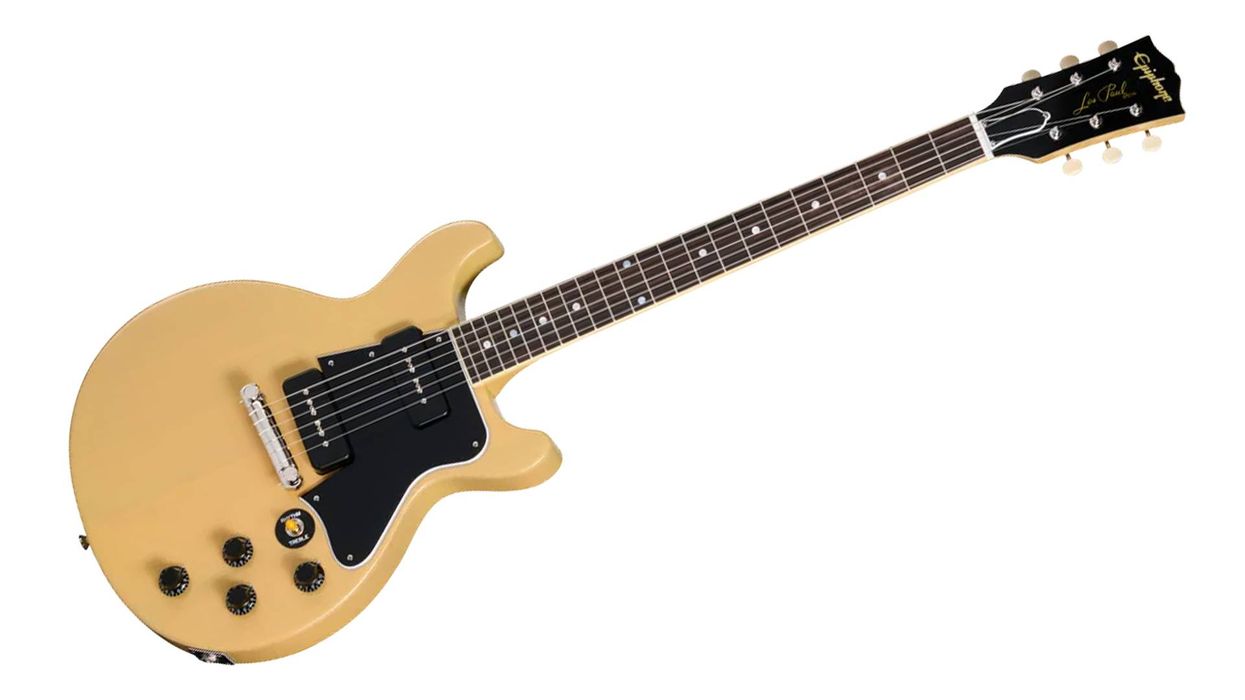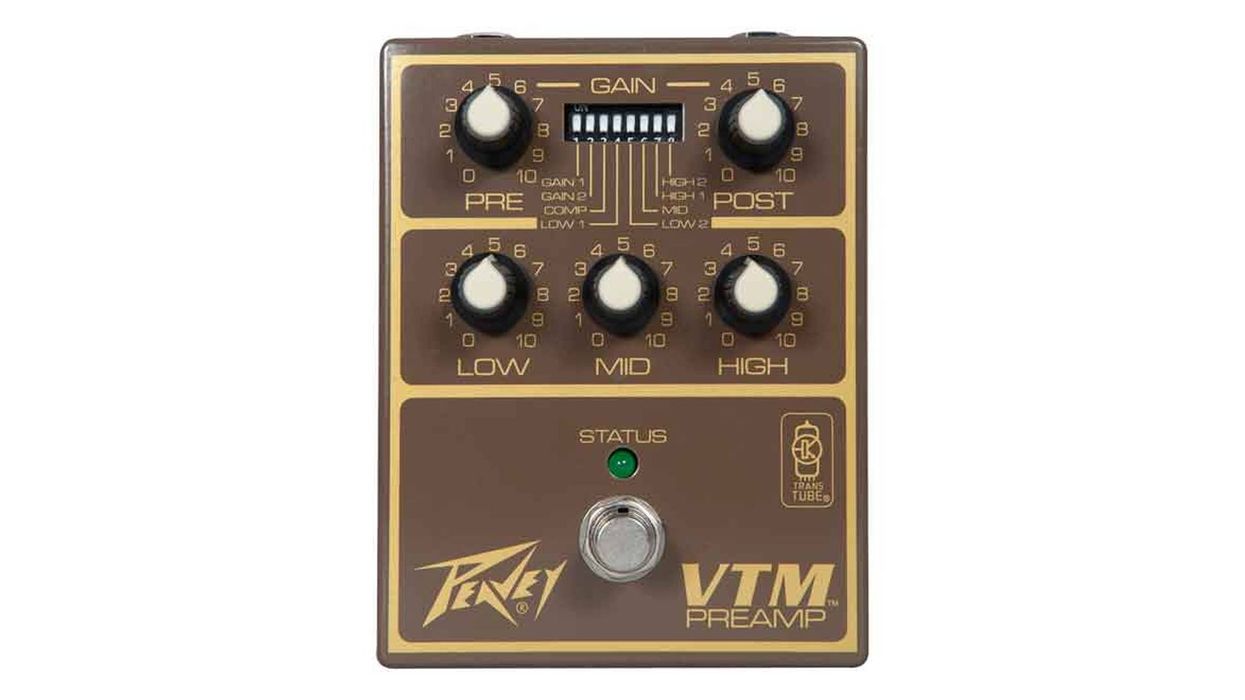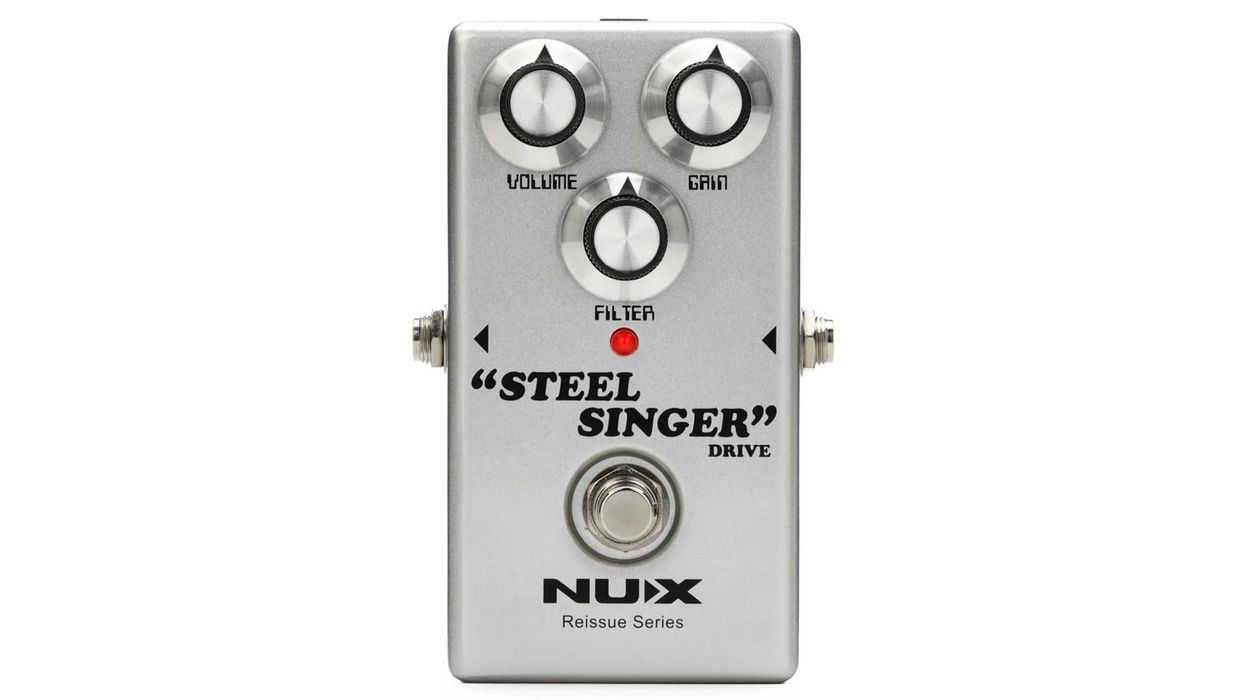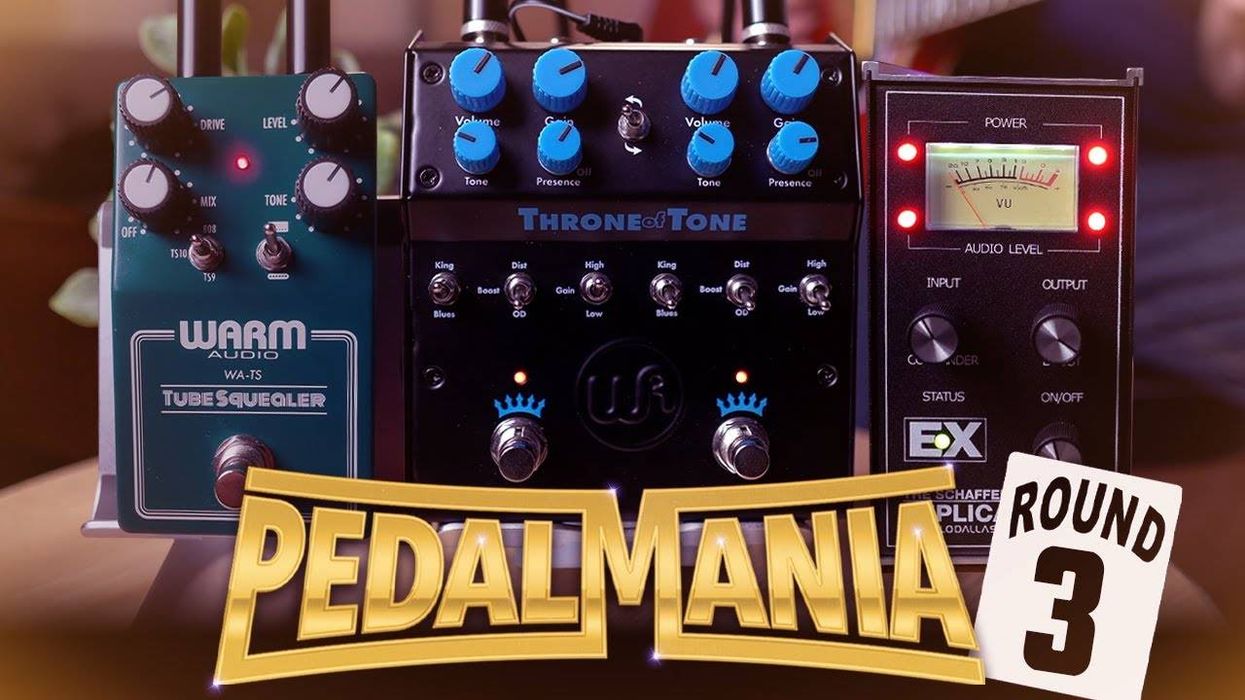The Extreme guitarist shares his pedal philosophy—including how a visit from EVH inspired him to use a phaser on the new record—and talks about ripping with Rihanna at the Super Bowl and more.

Wong Notes is presented by DistroKid.
Use this link for 30% off your first year.
Nuno Bettencourt on Pedals
I have a love-hate relationship with pedals. That's why I don't use anything, because I've always felt they get in the way of what you're trying to say if you use them wrong, especially with choruses and things like that. When Edward switched from being straight in your face, and then started splitting things left and right and chorusing and doing that, which was amazing and creative and beautiful, I lost a lot of him. I heard less of him and I heard more of what it was going through as the voice.
And I really prefer any guitar player, whether it's Brian May or Jimmy Page especially, anybody, the good, the bad, and the ugly. Meaning, sometimes it's not the greatest tone in the world and sometimes it's not the prettiest to listen to, but there's an emotion there, and I think pedals and what you do processing-wise gets in the way. The notes are there, but they get in the way of expression and emotion because there's a physicality that you have in your fingers that, to me, it's like I always try to find that straight shot from here to there, to that speaker, to that microphone, to the record.
And it's funny because recently, let me drop a name, Steve Vai. Recently, when I was at Steve Vai's house, he wanted to hear the album before it came out. So I drove to his house. He has an amazing studio, and he's like, "Let's play it from top to bottom." He's like, "We're not going to stop. I want to listen to this damn tone." And he stopped after every song, he's like, "All right, now wait a second." I'm like, "Steve, we're supposed to listen to this like an album." He goes, "Yeah, yeah, but the guitar's right there. How did you get it to be right there?" I just said, "Because there's nothing there. There's no magic, no hocus-pocus.”
It's always been a 57 and a 421, and I don't do anything to equalize, and I let it be on the outside of the center of the speaker, outside the cone, and I let it go. And yeah, I'll use a little delay. Delay is different for me or so revere because it enhances what you've done already. What I need is the type of processing that becomes the body of what you're doing, it becomes part of that note, if you know what I mean. That's like more of... And I always feel like, as a guitar player, the real you tends to never never come out when you do chorusing or flanging or something. Unless you want it for an effect. It's like an effect or even to make it pretty. Sometimes we do chorus with chorusing stuff or you want it to... By the way, you want it to have that sound and that just a big body of just beauty, then you're doing it right.
I don't think there's a right or wrong, don't get me wrong. I'm not being a pedal snob or anything. But for me, I love my heroes and the guitar players I heard when there's not much in the way of their hands, and they find the right amp to just be that extra voice for them to interpret what they're doing with their hands. And that's always been my goal. And amps have changed every album, but I think wherever your headspace is at, that becomes the tone.











![Rig Rundown: AFI [2025]](https://www.premierguitar.com/media-library/youtube.jpg?id=62064741&width=1245&height=700&quality=70&coordinates=0%2C0%2C0%2C0)





